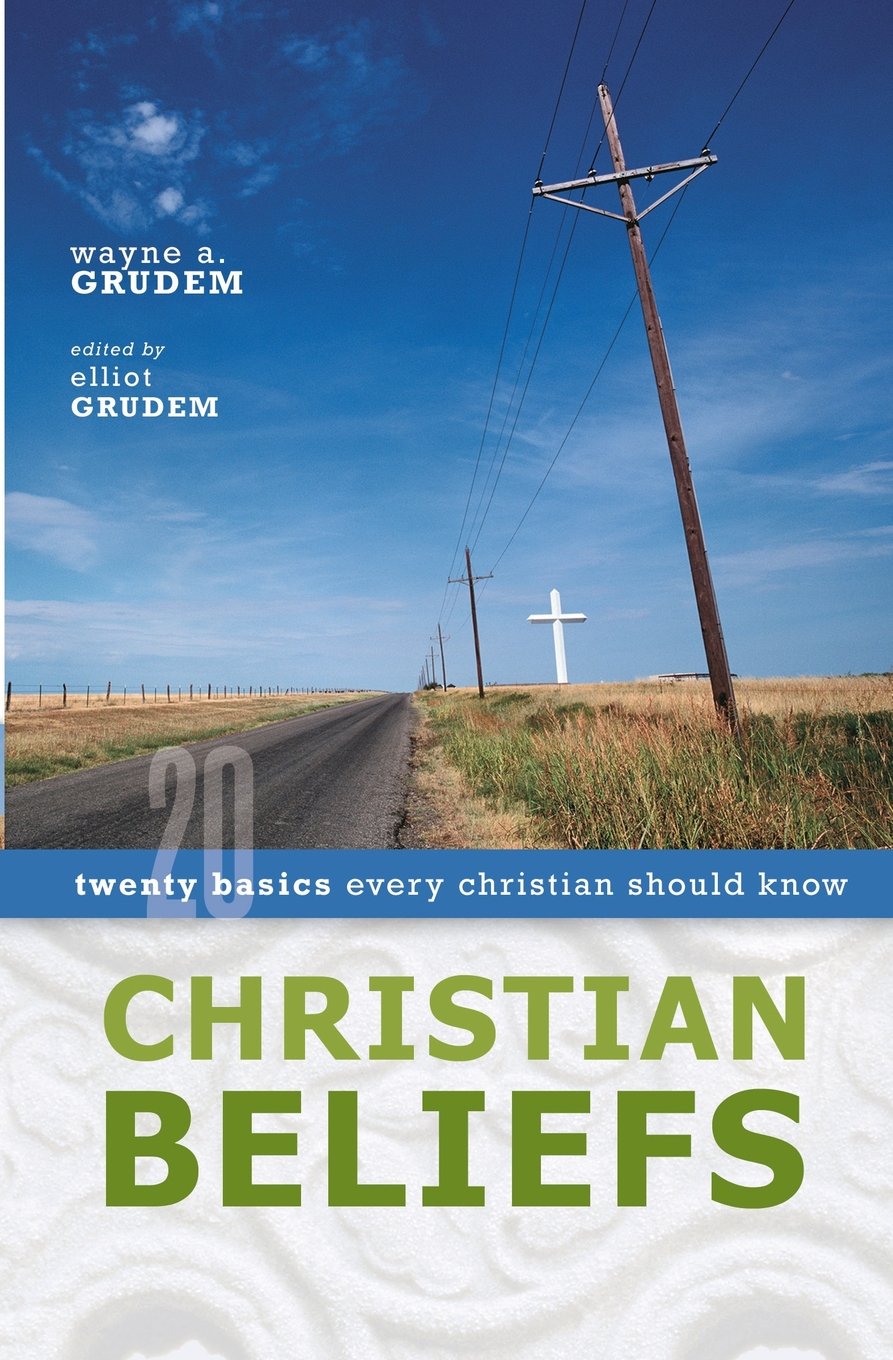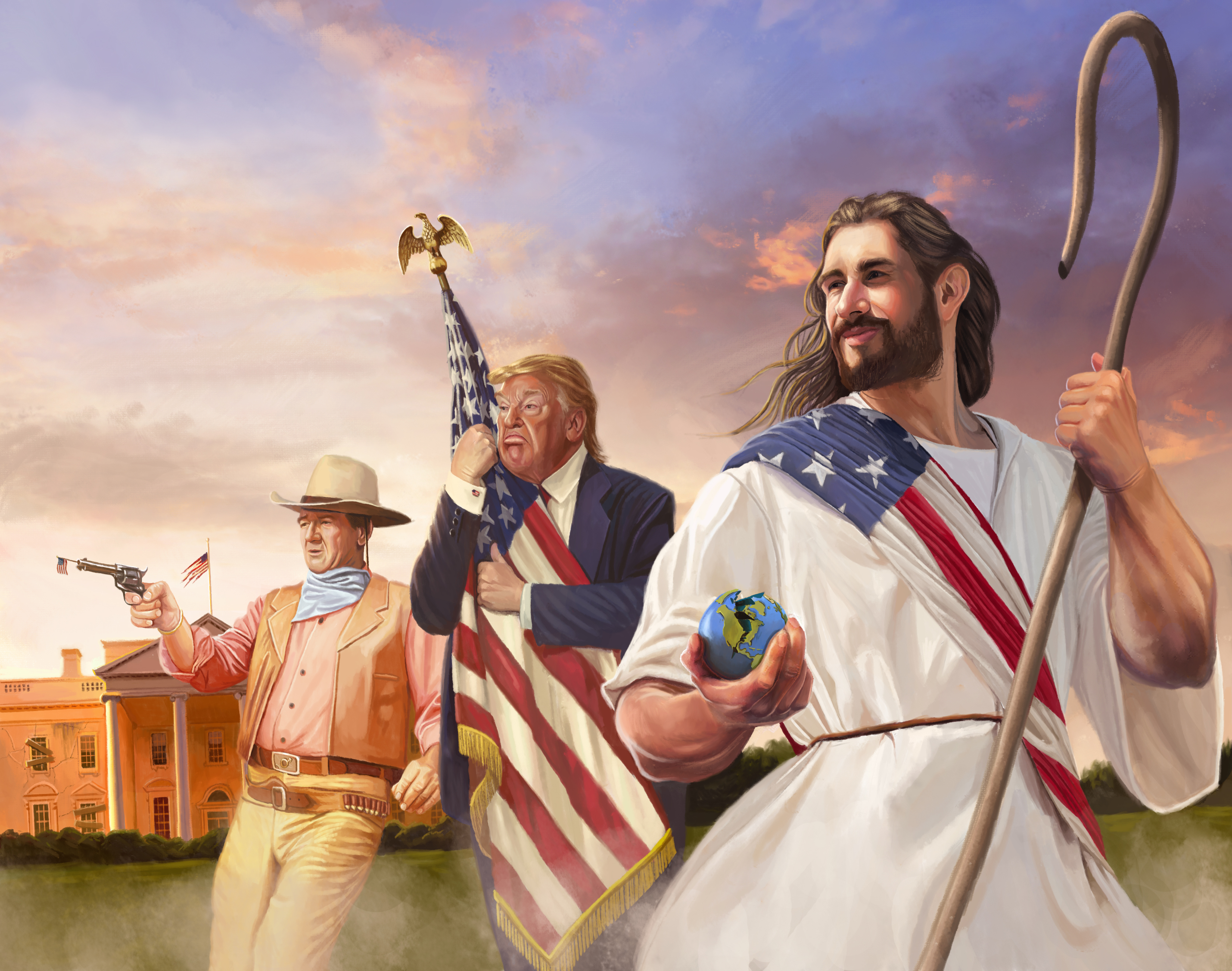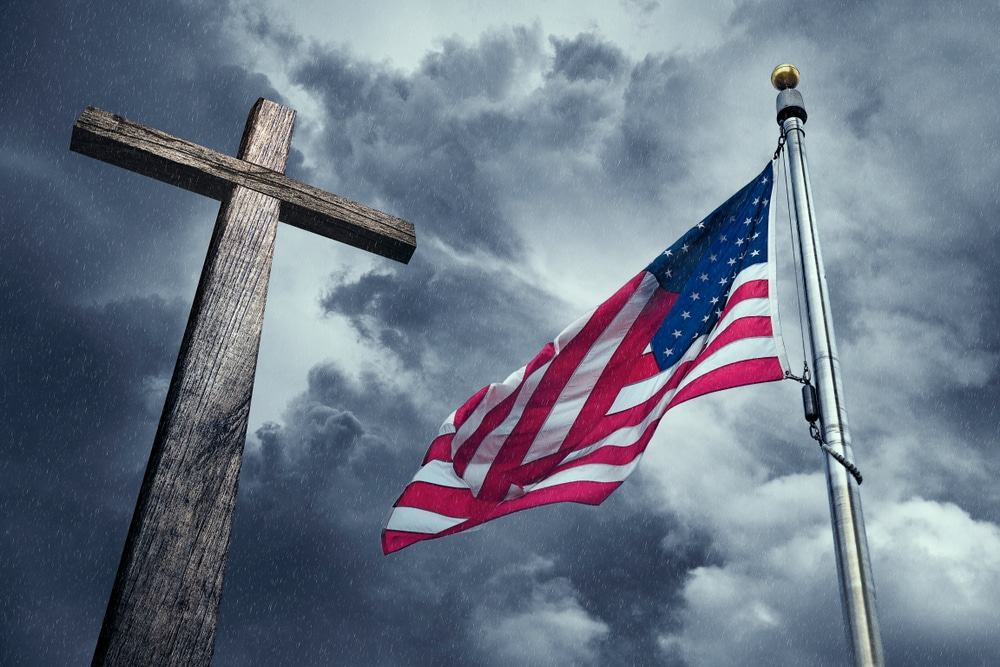


Yet even the supposedly widespread influence of these men and their work left many in the evangelical sub-culture feeling impotent when it came to engaging a society they felt had gone morally and spiritually astray via Roe v. Gothard’s seminars on Basic Youth Conflicts, Dobson’s Dare to Discipline and LaHaye’s litany of books all taught and argued for a strong hierarchical view of life rooted in patriarchal authority and female submission. Separate from Schlafly but equally important in creating the culture wars of the 80s and beyond were Bill Gothard, James Dobson and Tim LaHaye (chapters 4 and 5). Even though Schlafly was not an evangelical (she was a Roman Catholic), her influence ‘helped unify white Christians around a rigid and deeply conservative view of family and nation’ (p. In fact, Du Mez argues that Schlafly’s political opposition to the ERA helped give rise to the Religious Right in the late 70s and early 80s. Faced with what they perceived to be the onslaught of radical feminism, evangelicals turned to the writings of Chrisitan pop authors such as Marabel Morgan ( The Total Woman) and the political machinations of Phyllis Schlafly to stem the feminist tide. But that was just the beginning of evangelicalism’s hard shift to the right. Moreover, Graham’s seemingly uncritical embrace of Richard Nixon and his policies in Vietnam laid some of the groundwork for later, more ominous ties between evangelicals and the Republican party. Du Mez chronicles Graham’s relationships with various America presidents, arguing that he ‘preached a gospel of heroic Christian nationalism with unparalleled passion’ (p. She begins with the strident fundamentalism of revivalist Billy Sunday in the 1920s but quickly moves ahead to the Neo-Evangelical movement of the late 1940s and its poster-boy, Billy Graham.

#BOOKS LIKE JESUS AND JOHN WAYNE SERIES#
In order to build out her thesis, Professor Du Mez walks her readers through a series of developments within the evangelical sub-culture which she believes pointed directly towards its uncritical embrace of Trump. Starting with the admiration of such masculine luminaries as Teddy Roosevelt, Douglas MacArthur and especially John Wayne, the evangelical sub-culture created an ethos which over time made it not only susceptible to the sexist and vicious ramblings of someone like Trump but all too eager to embrace him as ‘one of their own’. For Du Mez, Trump wasn’t an outlier or ‘one-off’ for evangelicalism he was, instead, an unsurprising manifestation of all that has been wrong with the movement since the early twentieth century. For Du Mez, Trump was simply the culmination of a decades long evangelical emphasis on hyped up masculinity rooted in patriarchal views of marriage, family and society combined with a militant mindset. In her engaging and provocative new book, Jesus and John Wayne, Kristin Kobes Du Mez provides what she believes is the answer to that question. Given that Trump was the opposite of Carter in personal morality, biblical knowledge, and public demeanor, it begged the question of how those who said they worshipped Jesus of Nazareth could not only vote for such an individual but also lend him their verbal, financial and political backing. Forty years hence evangelicals became front page news and dominated interactions on social media for their support of Donald Trump as the Republican Party’s candidate for the presidency. But Carter’s Christian commitment, defined as ‘evangelical’, aroused curiosity and brought the movement to the attention of America’s cultural gatekeepers. Prior to this, few people in the upper echelons of government, education or media knew what an evangelical was, let alone what they believed or stood for. The impetus behind this media splash was the nomination of Jimmy Carter – a Southern Baptist Sunday School teacher, peanut farmer, and governor of Georgia – as the Democratic Party’s candidate for President.

In the fall of 1976 Newsweek magazine ran a cover story titled ‘The Year of the Evangelical’. New York, NY: Liveright Publishing Corporation, 2020. Kristin Kobes Du Mez, Jesus and John Wayne: How White Evangelicals Corrupted a Faith and Fractured a Nation.


 0 kommentar(er)
0 kommentar(er)
